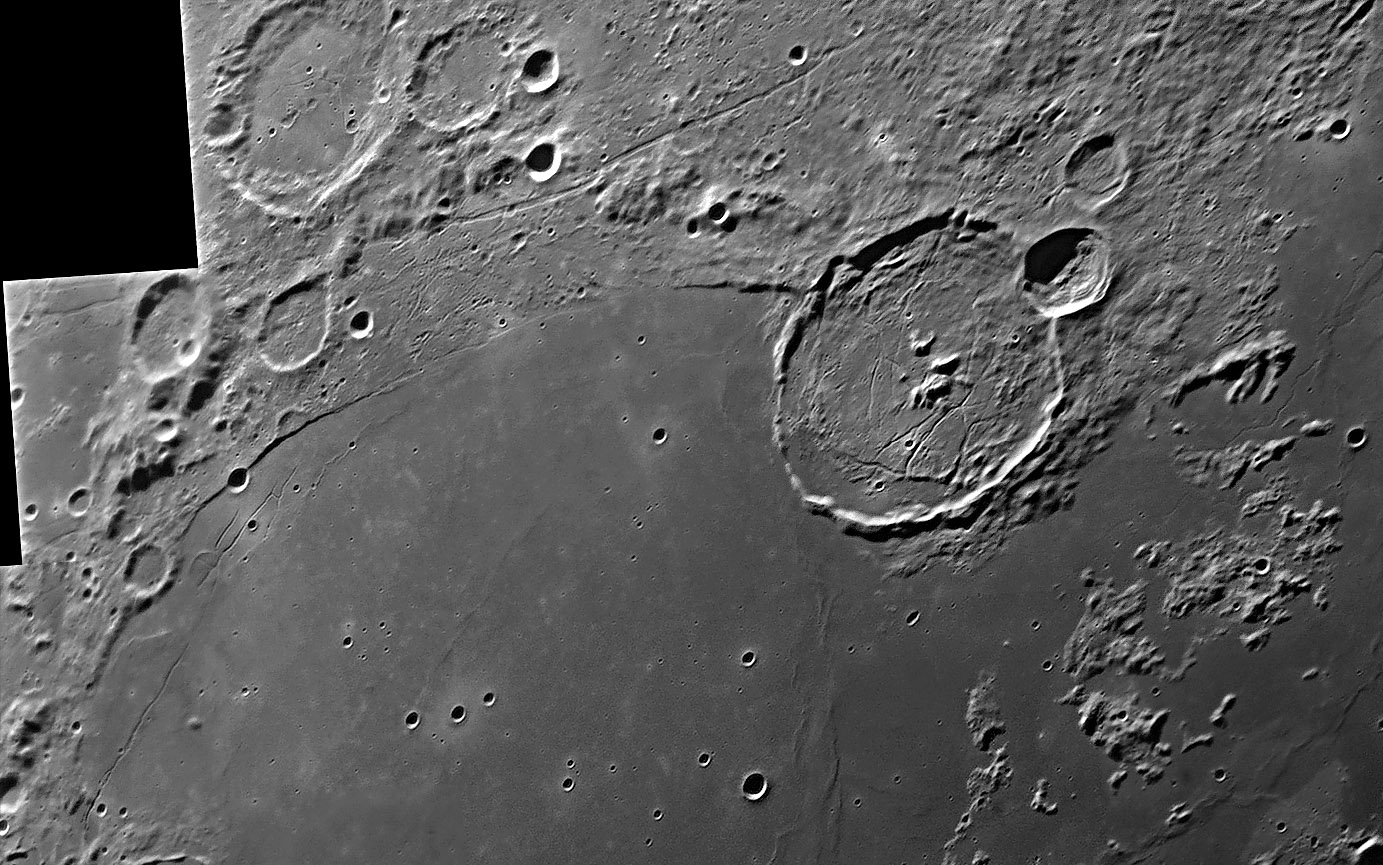Difference between revisions of "November 10, 2009"
| Line 2: | Line 2: | ||
=Rillesapopin= | =Rillesapopin= | ||
| − | + | <!-- ws:start:WikiTextHeadingRule:0:<h1> --> | |
| − | + | <!-- ws:start:WikiTextLocalImageRule:6:<img src="/file/view/LPOD-Nov10-09.jpg/101456165/LPOD-Nov10-09.jpg" alt="" title="" /> -->[[File:LPOD-Nov10-09.jpg|LPOD-Nov10-09.jpg]]<!-- ws:end:WikiTextLocalImageRule:6 --><br /> | |
<em>image by [mailto:nsmith10000@yahoo.co.uk Nick Smith], La Palma, Canary Islands</em><br /> | <em>image by [mailto:nsmith10000@yahoo.co.uk Nick Smith], La Palma, Canary Islands</em><br /> | ||
<br /> | <br /> | ||
| Line 25: | Line 25: | ||
<br /> | <br /> | ||
<hr /> | <hr /> | ||
| − | |||
| − | |||
| − | |||
| − | |||
Revision as of 22:51, 2 January 2015
Rillesapopin

image by Nick Smith, La Palma, Canary Islands
What to do when a submitted image is excellent, but way too big for an LPOD? Cut it in half, with the rest tomorrow. Like many submissions to LPOD
I have stretched this beyond what the submitter probably intended to make more conspicuous the many rilles Nick has captured. Lets start at Mersenius
at upper left. It is so rare to see these rille, and here they are taking a sun bath. To the right is the long and straight Mersenius Rille, which connects to
the de Gasparis Rille just visible below upper left. Next comes one of the most abrupt boundaries on the Moon, the Liebig Fault which Mare Humorum
lavas flooded up to and stopped. This image reveals - for the first time? - that the fault turns into a rille which continues northward where the fault is
lowest. Nearly paralleling the southern segment of the fault are the thin volcanic rilles in the mare. These are complex in their northern part, but seem
related to the single long rille further south - look at this under higher Sun to detect the dark pyroclastic deposits that erupted along it. Slide back up and
past the rilliferous Gassendi to the two sinuous rilles that thread the pillars at upper right. These are the Herigonius Rilles that are difficult to see
because of their narrowness - about 500 m. This is a marvelous image - and you'll see more of it tomorrow on a trip south.
Chuck Wood
Technical Details
15th August 2009, 05:29 and 06:12 UT. C14 and Lumenera Infinity 2-1M camera.
Related Links
Rükl plate 52



